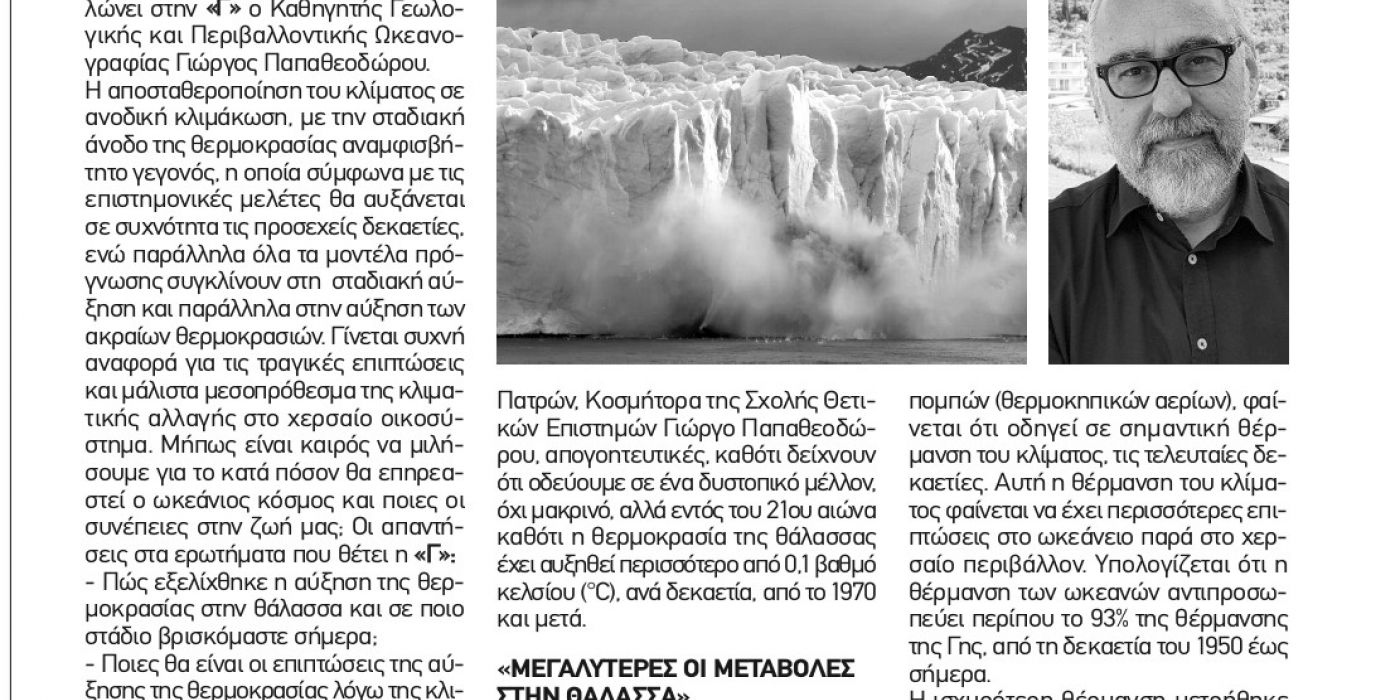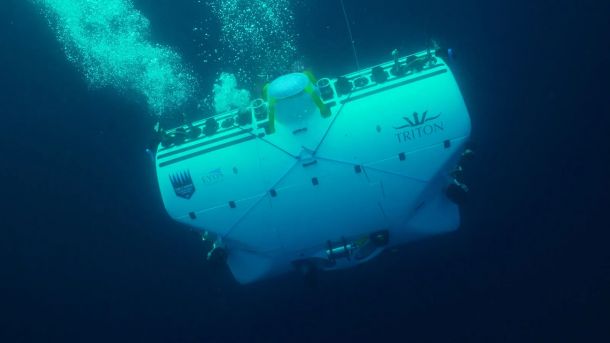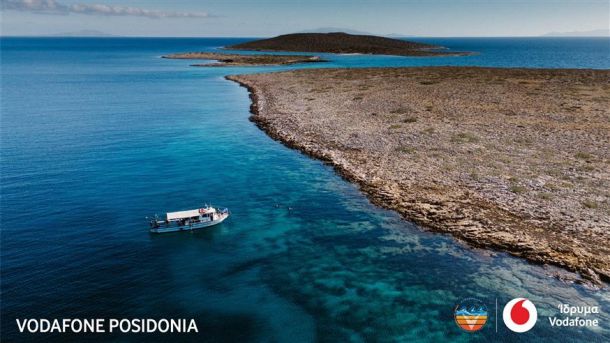
Dr. George Papatheodorou, head of Oceanus-Lab, spoke to the newspaper "I Gnomi", about the problems caused, both in the present and in the future, by the temperature rise of the oceans.
In his own words: "Climate change has a very long history on our planet. In the past, climatic changes, which lasted for tens of thousands of years, had a periodicity and were related to astronomical changes known as cycles. For example, in the last 20,000 years the gradual warming of the planet has led to a sea level rise of about 120 meters, due to the melting of glaciers.
However, apart from natural causes, human intervention, mainly through gaseous emissions (greenhouse gases), seems to lead to a significant temperature increase in recent decades. This warming appears to have more effects on the ocean than on land. It is estimated that ocean warming accounts for about 93% of Earth's warming from the 1950s to the present.
The strongest warming has been measured in the surface layer of the sea and specifically in the upper 75 meters where the temperature has increased by more than 0.1 °C, per decade, since 1970. Recent research also shows a significant increase in temperature in the deeper layers of ocean waters, between depths of 700 and 2000 meters, even deeper than 3000 meters. In addition, the increase in air temperature, which is substantially greater, also drastically affects the Mediterranean Sea.
Assumptions for the future are very bleak, as the global average projected warming of surface ocean water appears to increase from about 1°C to more than 3°C, depending on atmospheric temperature increase scenarios. Ocean warming is fueling three main threats: ocean acidification, coral bleaching and sea heat waves. As a result of these threats, ocean primary productivity and biodiversity are affected. In addition, the effects of ocean warming on fisheries and aquaculture may lead to a food crisis.
Temperature increases also lead to sea level rise due to the melting of glaciers. Therefore, the climate crisis is causing serious effects in the coastal zone as well and is expected to cause even more in the coming decades, especially in its ecosystems. Global mean sea level (GMSL) in 2021 was the highest ever recorded. GMSL curves, based on tidal observations, have shown a rise of 21cm from 1900 to 2020, at an average rate of 1.7mm/year. The rate of GMSL rise accelerated to 3.3 mm/year in the period 1993-2018 and 3.7 mm/year in the period 2006-2018, more than twice as fast as in the 20th century, according to data from the European Environment Agency. Based on the projections of the same European Agency, global climate models predict that the GMSL rise during the 21st century (ie until 2100) will likely be in the range of 0.28-0.55 m for a very low emissions scenario of the greenhouse, 0.44-0.76m for an intermediate emissions scenario and 0.63-1.02m for a very high emissions scenario. It is now a necessity to implement the international climate change agreements, to have continuous monitoring and updating of their implementation framework."
Article on Web
Latest Posts

Alarming pollution levels found in Mediterranean depths

"Why are the Posidonia meadows so valuable for our seas?": Article in LIFO
